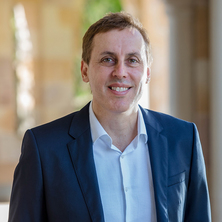The psychology of understanding and reducing conspiracy beliefs (2021-2024)
Abstract
This project aims to provide new understandings of the psychology of believing conspiracy theories, a problem that promotes prejudice, undermines trust, and costs lives. This project will involve the first large-scale, multi-national survey of willingness to believe conspiracies, allowing us to identify how national and cultural factors influence conspiracist thinking around the world. It will also use innovative experimental techniques to test how group-based loyalties shape people¿TM)s conspiracist thinking and their online behaviours. Doing so paves the way for us to test novel strategies for reducing the impact of conspiracy theories, with benefits in terms of reducing societal mistrust, prejudice, and political violence.


